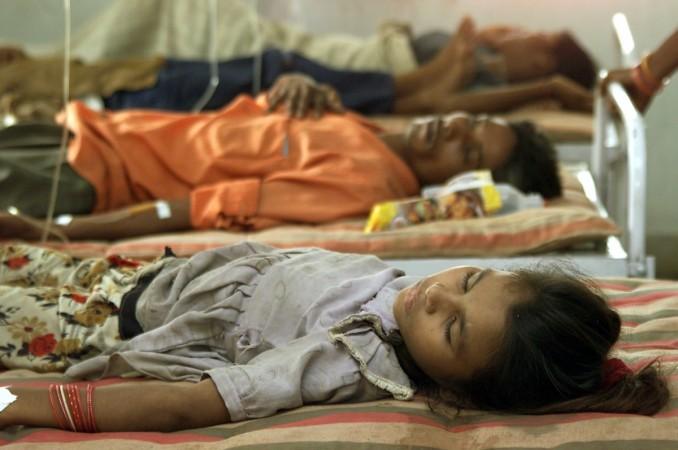
The world is fast approaching towards achieving a malaria-free status. The disease is expected to be eliminated by 2040, a new study published in medical journal Lancet (a copy of the journal is with the International Business Times India) revealed.
Ahead of the World Malaria Day on April 25, the study said global malaria eradication was possible within a generation, but only with renewed focus, new tools and sufficient financial support.
"Eradicating malaria will require nothing short of unwavering support at all levels—national, regional, and global. With intense focus, new tools, and adequate financial resources, a malaria-free world is possible within a generation," said study author Richard Feachem, professor of public health at the University of California, San Francisco. Feachem is also a professor at the University of California, Berkeley, and director of the UCSF Global Health Group.
He said the malaria map is shrinking rapidly as more than 20 countries are on track to eliminate by 2020 and over 60 can do it by 2030. "We cannot let up now. To achieve the ambitious but attainable goal of malaria eradication by 2040, the targets we set must be as big and bold as our aspirations," Feachem further said.
According to the study, the world saw a 91 percent decline in malaria cases to 1,50,000 in 2014 from 1.6 million cases in 2000. The number of reported deaths due to malaria reduced by 81 percent in 2014 since 2000. More than half of the world's countries have already eliminated malaria.
Although most of the countries are on the right track to eliminate malaria, the single greatest threat to achieving a malaria-free world, according to the study, is a reduction in funding or political support before reaching the target.
The study added that by 2020, a funding of $6.4 billion is needed to support global efforts to end malaria.
For the countries trying to eliminate malaria, nearly 80 percent funding for malaria elimination comes from national governments, but this financing is at risk of being diverted to other disease priorities perceived as being more urgent, according to the study.
The countries could also face an overall 31 percent decline in national funding from the Global Fund, which is the largest financer of malaria. The other challenges to malaria elimination include growing drug and insecticide resistance, increase in zoonotic malaria, and limited treatment options for the malaria parasite, Plasmodium vivax.

















